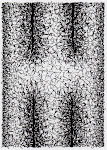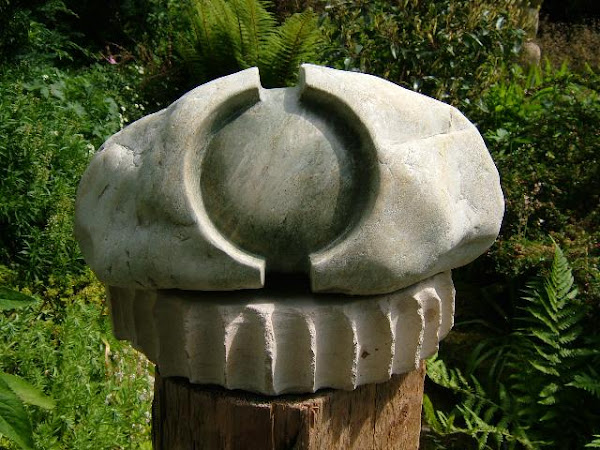a propos de Mallarmé
you speak in riddles,
am I expected to reiterate, as if
composure compliments meaning
within the play of words, or edits
each account, we may juggle
in essence staged, or reinterpreted,
in accord with alleged trickery,
way back to source, so why return
once limited by narrow chance,
or complete deception, why not
a certain slightness, as if leaning
in close or shying clear, while all
balls hover as though transfixed,
why wait to rehearse each time,
as if truth acted on gain or trance,
indicated within its misconception,
so pick the card of choice, there is
after all, only one, as there always is,
whatever value or meaning it holds,
within its grasp, however well it fits
the curve, whoever’s back is turned,
whoever blinks or forgets the page
of flight within its misinterpretation,
or presumption of result, a coin
tossed will never land on edge,
the lady’s skill inevitably remains
hidden, paper wraps stone
and a chance thrown
will never annul dice
for Brian Coffey
,,,,,,,,,,,,,,,,,,,,,,,,,,,,,,,,,,,,,,,,,,,,,,,,,,,,,,,,,,,,,,,,,,,,,,,,,,,,,,,,,,,,,,,,,,
another day
from this point
stilled by the sudden opening up
I adjust sight to land falling away
seawards across soft rolling contours
of single storeys, gable ends interlocking
parallelograms of tile and glass
pines and oaks protrude from hidden
cul de sacs and crescents in a blurred grey
evening light, there is a deep feeling
of belonging, not as habitation
but quiet inner joy, a connection,
a completion, a oneness
that normally I would share
with trees hedgerows and fields
these suburbs spread across valley’s structure
speak quietly of belonging
of hidden lives
this inner voice holds all
within the stillness
of being, a wholeness
though subtle and brief
of spirit and profundity
a personal vision
impossible to convey
,,,,,,,,,,,,,,,,,,,,,,,,,,,,,,,,,,,,,,,,,,,,,,,,,,,,,,,,,,,,,,,,,,,,,,,,,,,,,,,,,,,,,,,,,,,,,,,,,,,,,,,,,,,,,,,,,,,,,,,,,,,,,,,,,,,,,,,,,,,
of being
a true solitary nature
lies within the house
we inhabit yet with
the prospect neither
may as ever return
rooms full of memories
not quite within grasped
their furniture and detail
as old clothes in order
to see backs of
windows on landscapes
in constant motion
considered worthy
of ignorance
we walk corridors past doors
that beckon rather promise
glimpse shafts of light that imply
realms of birds are infinite space
this house we have decorated
to appease comfort will always
hold the silence of indignation
until we let glances disintegrate
like rain to saturate structures
of silent separation
a true solitary nature lies within all
promises of habitation and bygones
where only if known become uncluttered
less as well as with all frills waylaid or
trimmed can achieve true remembrance
experienced without sense of completion
knobs, feet, arms, pedestals, allegedly
polished by a thousand shakes, coverings
crossed by far more in order of sense
as oneness with winds of growth and that
illusory sense of falling away below where
there is no return to knowing being
if within is in being without






































